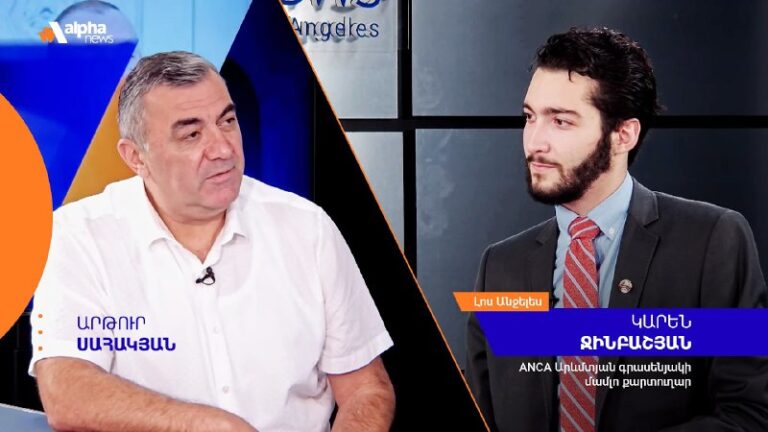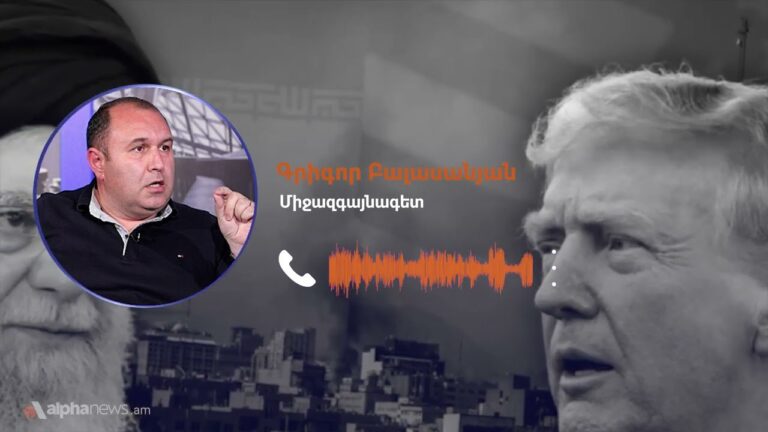What are Yerevan and Baku actually negotiating about?
February 27 2025, 14:00
On February 25, Armenia received a response from Azerbaijan regarding the text of the peace agreement, Armenian Foreign Ministry spokesperson Ani Badalyan reported. Armenian Foreign Minister Ararat Mirzoyan said in early December last year that Armenia and Azerbaijan had made some progress in signing the peace agreement, noting that the parties had already agreed on 15 of the 17 articles of the preamble and the draft agreement, and if there was sufficient political will, it could be finalized and signed quickly. However, for three months Azerbaijan did not respond to the proposals of the Armenian side on the draft peace agreement, and now, at the very end of February, the answer was received.
Azerbaijan chose a very remarkable moment to send Yerevan its response. The moment is noteworthy because last week, Deputy Speaker of the Azerbaijani Parliament Ziyafet Asgarov stated: “At the moment, 15 of the 17 points of the peace agreement have been agreed, and two non-agreed points relate to the opening of the Zangezur corridor and territorial claims in the Armenian Constitution.”
Even though formally, the Armenian Parliament Vice Speaker refuted the statements of his Azerbaijani counterpart, noting that such provisions were not discussed in the peace agreement, he did not say that such issues were not on the agenda of the negotiations between Armenia and Azerbaijan, but simply noted that these provisions were not discussed within the framework of the peace deal.
Based on this, can we assume that the provisions voiced by Asgarov were also introduced in Baku’s response to Yerevan yesterday?
In general, there are more questions than answers about the peace agreement and its provisions. Let’s just remind you that at the end of 2024, Azerbaijani President Ilham Aliyev said that Yerevan and Baku had not yet agreed on provisions regarding mutual rejection of international lawsuits and on the unacceptability of deployment of third countries on the border. And in the summer of 2023, one of the main negotiators from Azerbaijan, Ambassador-at-large Elchin Amirbayov, noted that the parties agreed to resolve issues of communication routes only after signing a peace agreement. And yesterday, Armenian Foreign Ministry spokesperson Ani Badalyan said that Baku had received a response regarding the peace agreement and, for some reason, also pointed out that proposals in other areas, such as the unblocking of communications and the mechanism for mutual control and verification of weapons, remain unanswered.
What are Yerevan and Baku discussing in the end? From the events that took place, it can be concluded that the parties are discussing not just a peace agreement but a whole package of documents, which, apparently, contains a paragraph on the corridor. In other words, the Armenian authorities surrendered Artsakh, the formal explanation of which was that the absence of the Lachin corridor connecting Armenia and Artsakh would not allow Baku to demand the “Zangezur corridor” through Armenia, but the expectations of Nikol Pashinyan and his team were not fulfilled. We are witnessing another fiasco of Pashinyan’s policy.
A fiasco that could cost Armenia a lot…
Think about it…







